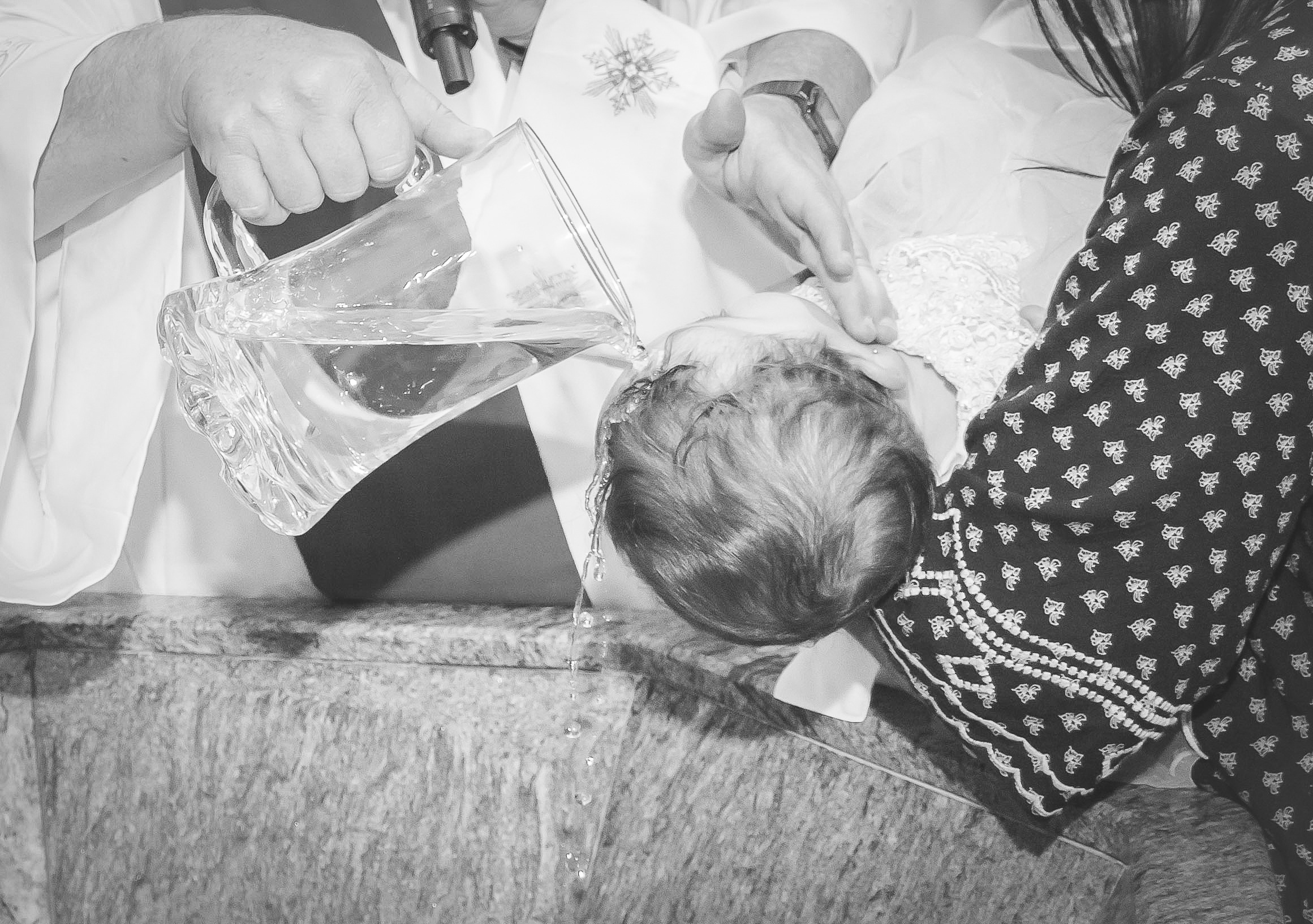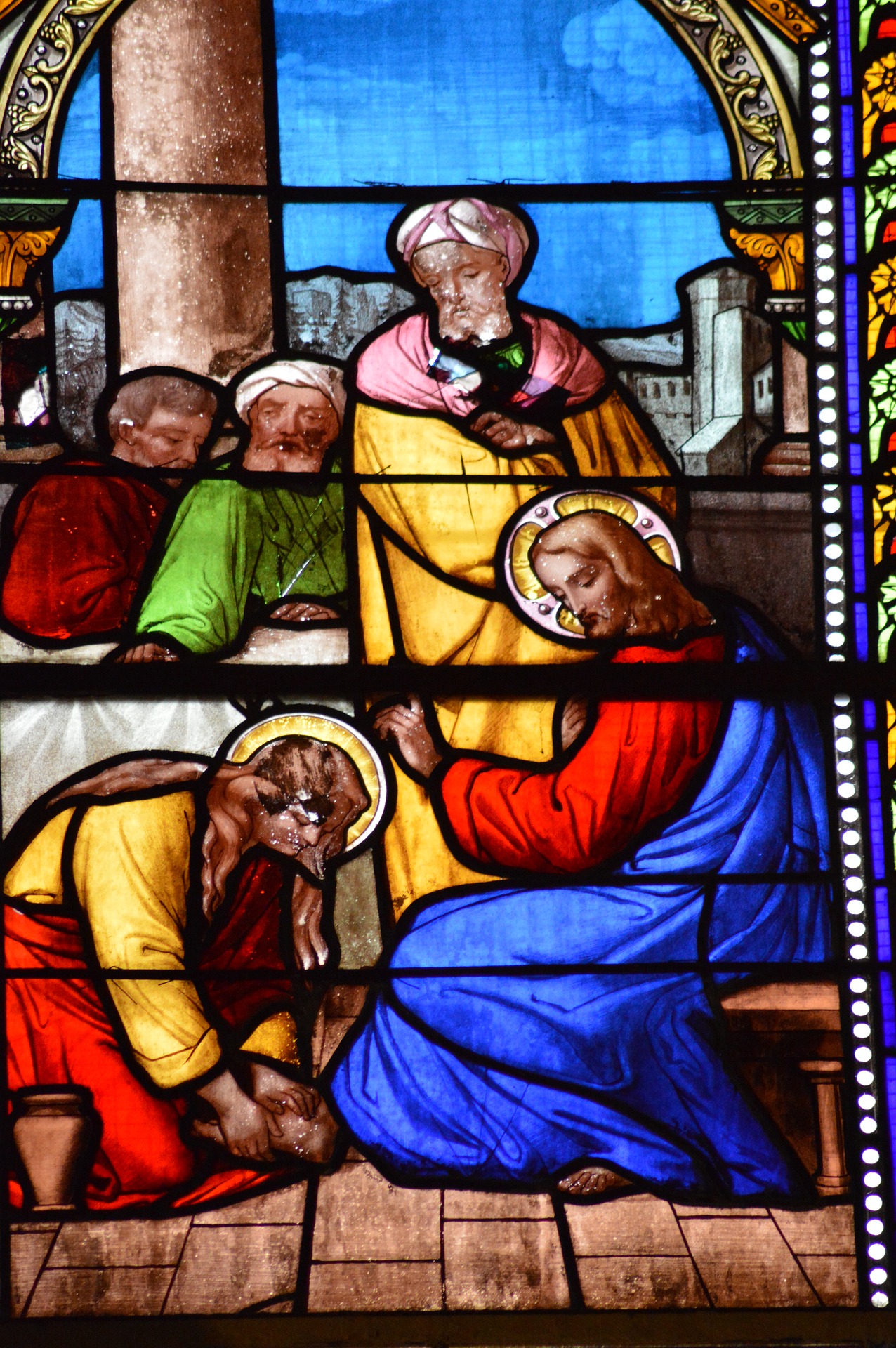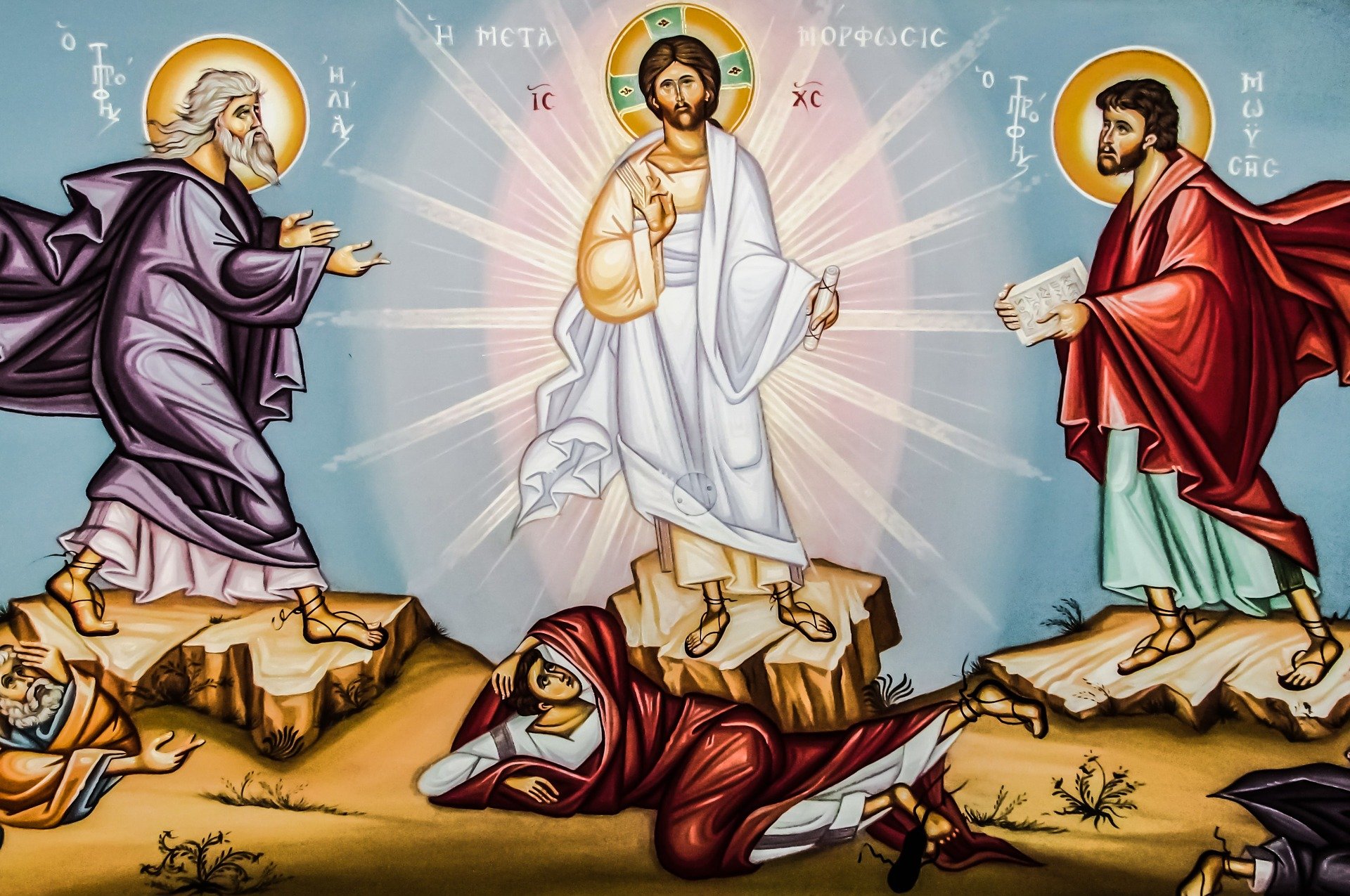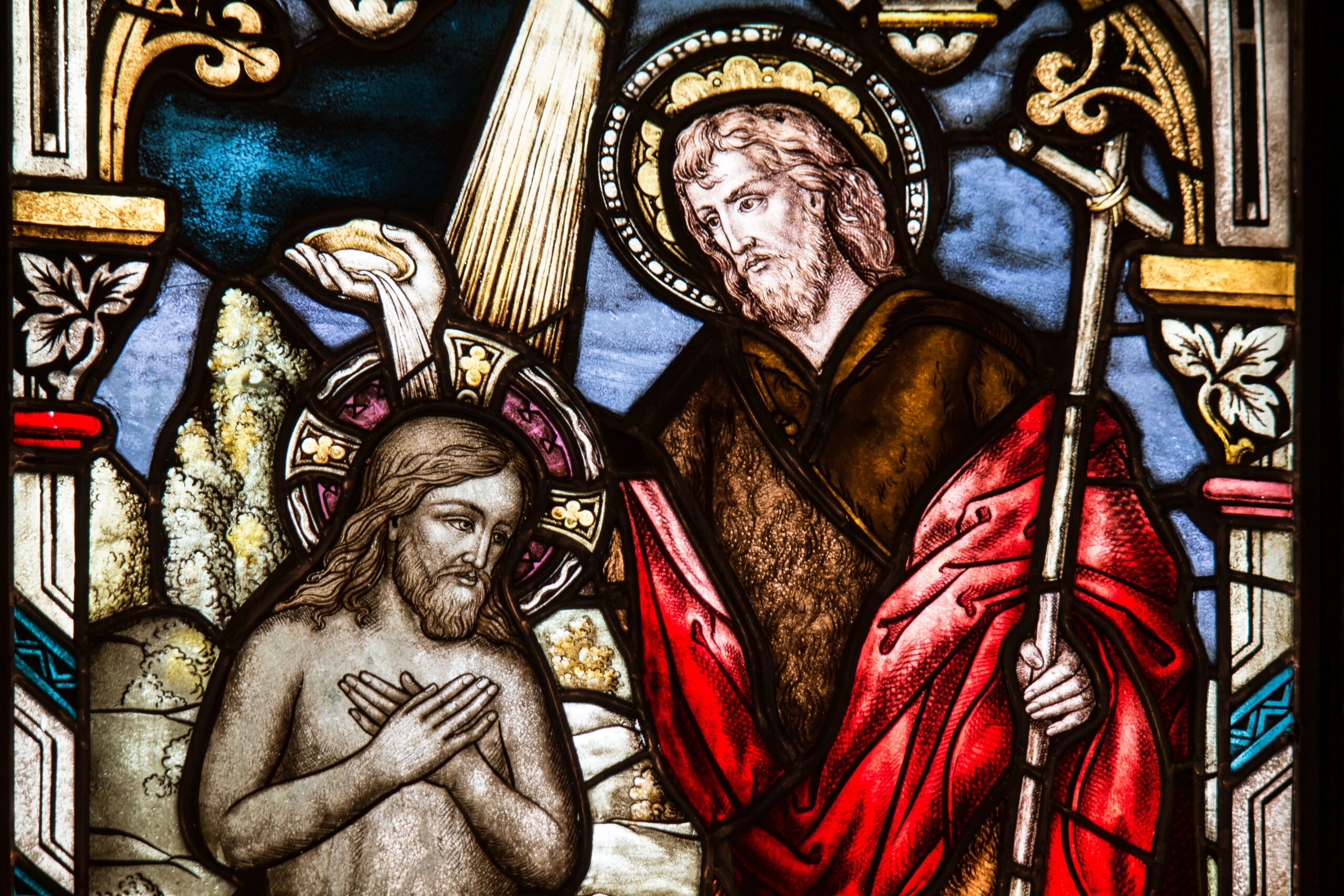In today’s Gospel, Jesus can be found giving His final instructions to the apostles before His Ascension. This is their great commissioning. Jesus has prepared them to continue His mission once He has returned to His Father in heaven. He has spent forty days with them since His Resurrection, opening their eyes to all of Scripture, preparing them for the day that He will no longer be with them. He has already died and risen from the grave; now it is time to return to the Father. They have spent the past three years with Him, learning from Him as they followed Him. But now they know that they will be on their own, and they’re scared.
The apostles worship Jesus Christ, but they also doubt. What can they possibly doubt at this point? They witnessed countless miracles. They saw Jesus make the lame walk, the blind see. They were there when He raised Lazarus from the dead. They were there when He rose from the dead Himself after three days in the grave. What can they possibly doubt now?
Maybe they doubt themselves. Maybe they doubt that they will be able to carry on Christ’s mission once He’s gone. Maybe they doubt that they will have what it takes to proclaim the Good News once they’re on their own. So Jesus offers His help. He tells them exactly what He wants them to do once He’s gone- “Go…and make disciples of all nations, baptizing them in the name of the Father, and of the Son, and the Holy Spirit, teaching them to observe all that I have commanded you. And behold, I am with you always, until the end of the age.”
Jesus tells them what He expects them to do once He’s gone. They are to go out and make disciples. They are to baptize these new disciples. And they are to teach them. They will be evangelists. They will be priests. They will be catechists. God has big plans for these eleven men, the first of their kind. Jesus Christ gives them the guidance they’ll need to continue His mission once He’s gone. But that’s not all He does for them.
Before Jesus goes, He promises that He will remain with His disciples always. Even though He is returning to His Father, He will not abandon His followers. He will not leave us alone. He does this in two ways. First, He sends the Holy Spirit, which we all receive in Baptism. Second, He gives us His very Body and Blood, which we receive in the Eucharist. Because in the end, when He calls His apostles, He is calling all of us. He is calling all of His disciples. We are all called to go and evangelize. We can even baptize if the situation necessitates it.
And Jesus Christ will remain with us always, to the end of time itself. That was the final promise Jesus made to us, and He does not break His promises.
 Shannon Whitmore currently lives in northwestern Virginia with her husband, Andrew, and their two children, John and Felicity. When she is not caring for her children, Shannon enjoys writing for her blog, Love in the Little Things, reading fiction, and freelance writing. She has experience serving in the areas of youth ministry, religious education, sacramental preparation, and marriage enrichment.
Shannon Whitmore currently lives in northwestern Virginia with her husband, Andrew, and their two children, John and Felicity. When she is not caring for her children, Shannon enjoys writing for her blog, Love in the Little Things, reading fiction, and freelance writing. She has experience serving in the areas of youth ministry, religious education, sacramental preparation, and marriage enrichment.
Featured Image Credit: II ragazzo, https://www.cathopic.com/photo/13491-iniciacion-cristiana






